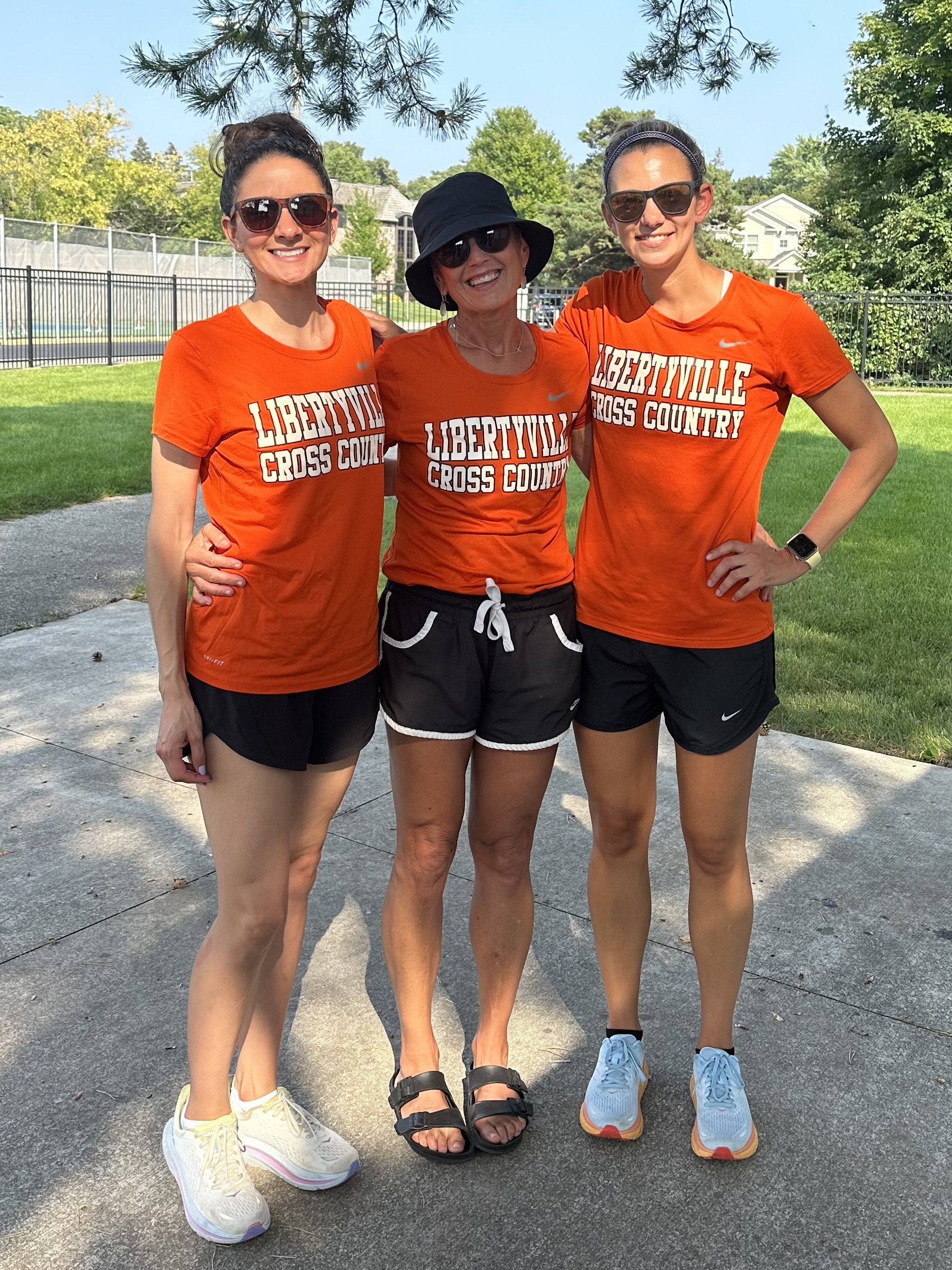Mental WELLness - Performance Anxiety
What is performance anxiety?
Sport performance anxiety involves a decrease or impairment in performance due to PERCEIVED stress.
What are symptoms of performance anxiety?
PHYSICAL symptoms may included muscle tension, headaches, GI issues, increased heart rate, and difficulty breathing.
MENTAL health symptoms may included negative thought patterns, excessive self-criticism, unrealistic expectations, and a heightened focus on failure.
It is important to note that anxiety does not always result in mental health symptoms; sometimes the mechanism is physical or both.
3 Pronged Approach to Managing PERFORMANCE ANXIETY:
Coaches, Athletes, Parents
TIPS for COACHING an athlete through anxiety.
Stay CALM— This may seem obvious- but yelling “coaching” anxious athletes never helps. Your tone/texture can fuel the flame or decrease it.
Do not REASSURE— Thus discounts the athlete’s fears or reinforces the anxious behavior. Acknowledge uncertainty- "yep this can be scary"
Walk away— this lets athlete feel CONFIDENT they can solve the problem.
Know your athletes VALUES and WHY: so you can connect to THEIR reasons for being a part of your team. Let your athletes know your VALUES and WHY— so they understand your reasons for coaching. This is a VALUABLE exercise to put in place at the beginning of the season.
Do not ask if athlete is anxious, try to “solve” the problem, or reason with them— Instead, project CONFIDENCE in her ability to handle the situation and RELY on the MENTAL WELLness techniques practiced throughout the season (breath work, meditation, yoga, grounding)
As mentioned above, COACH your athletes in advance to notice physical/mental signs of anxiety and practice ANXIETY—USING techniques as needed that were practiced throughout the season.
Have CLEAR (clear is kind) BOUNDARIES for your parents and athlete— gentle reminders that coaches are people too. Create clear communication guidelines. Maintain confidentiality. Set expectations from the beginning. Maintain and respect personal privacy for yourself and your athletes.
Stay in YOUR LANE— you may know x’s and o’s and/or fundamentals BUT you are not experts in nutrition, yoga, strength training, mental WELLness, digital WELLness, meditation, mental health- rely on experts in their fields to add value.
Practice MINDFULNESS, BREATH WORK, AND MEDITATION to bring right mindset to game/race/practice.
TOOLS for ATHLETES to improve relationship with anxiety, keeping in mind a certain level of physical./mental arousal is helpful and prepares us for competition.
Pre-race jitters are normal— use nervous energy you feel to fuel you; don’t misinterpret this as fear! It is the body’s way of preparing for competition.
Pre race/game rituals are important— be prepared, both mentally and physically. Arrive ON TIME, well FUELED, well SLEPT, and with proper equipment.
Remember your VALUES and your WHY— this is deeply personal and helps individual athletes remember the reasons they are participating in a sport (fun, creativity, friendship, achievement, learning, spontaneity, self-discovery, leadership….)
Visualize or practice ACTIVE MEDITATION— meditation in motion, focusing on the task at hand. Being able to COMPARTMENTALIZE, shut out distractions.
Power of BREATH— breathing can help lessen stress and anxiety. By breathing slower and more deeply from your stomach, you signal your NERVOUS system to calm down. BREATHING takes PRACTICE every day just like practicing a jump shot or running miles- when practiced daily, breathing is a reliable skill to decrease anxiety and IMPROVE FOCUS.
The power of YOGA— yoga improves flexibility, balance, coordination, and lung function AND help athletes effectively manage stress, as well as a t key contributor to RECOVERY and performance.
PARENTS role in managing athletes’ mental WELLbeing and performance anxiety.
Remember BOUNDARIES set out by coaching staff and by your athlete. Boundaries only work when they're clearly respected by you.
Stay in YOUR LANE— your job is to parent your child. A coach’s job is to bring value to every athlete on the team. You are an expert on your child, but remember your coach has an expertise in their sport. Respect the personal VALUES and WHY of your athlete, that may be different from yours.
Practice BREATH WORK, meditation, yoga, mindfulness.

